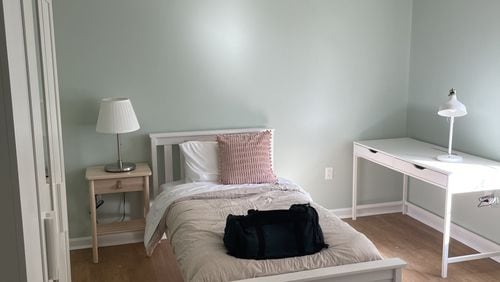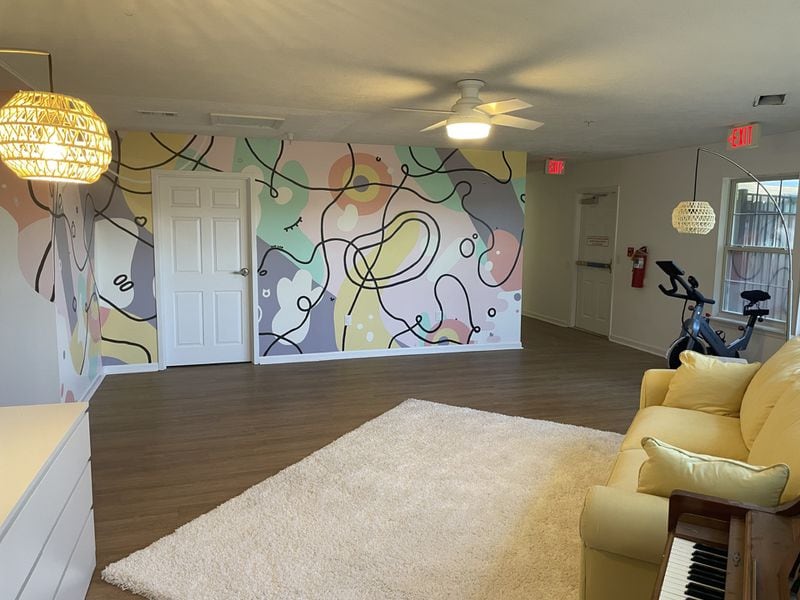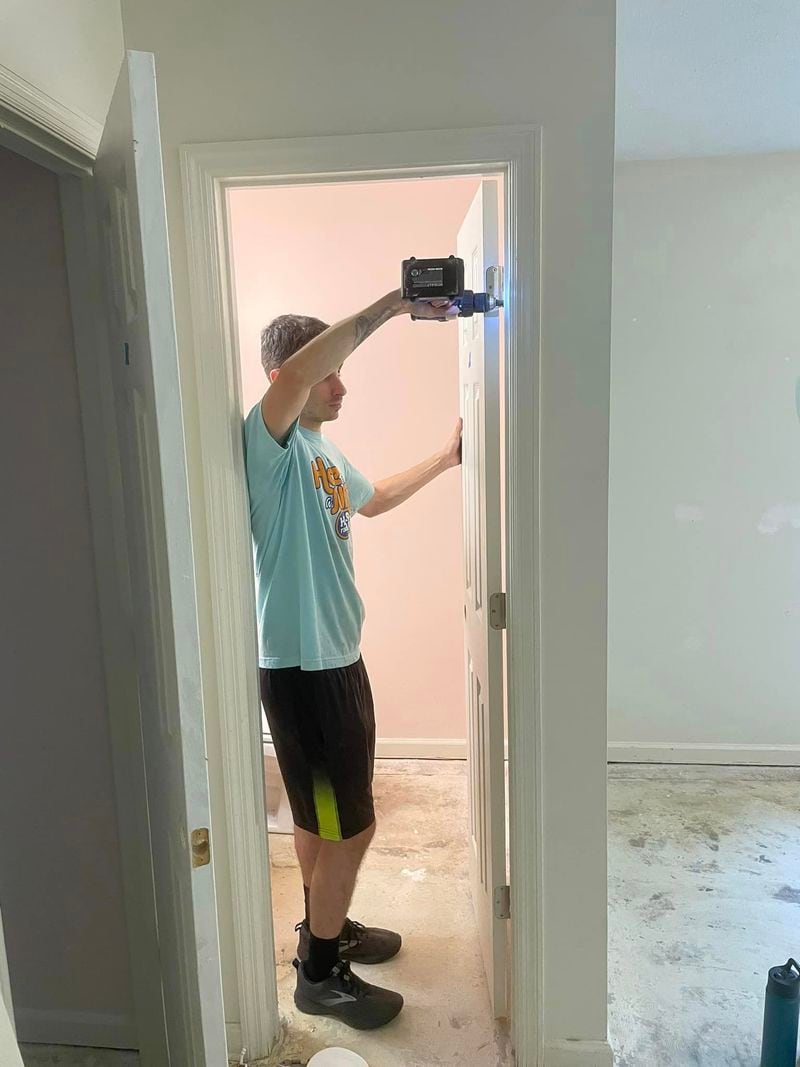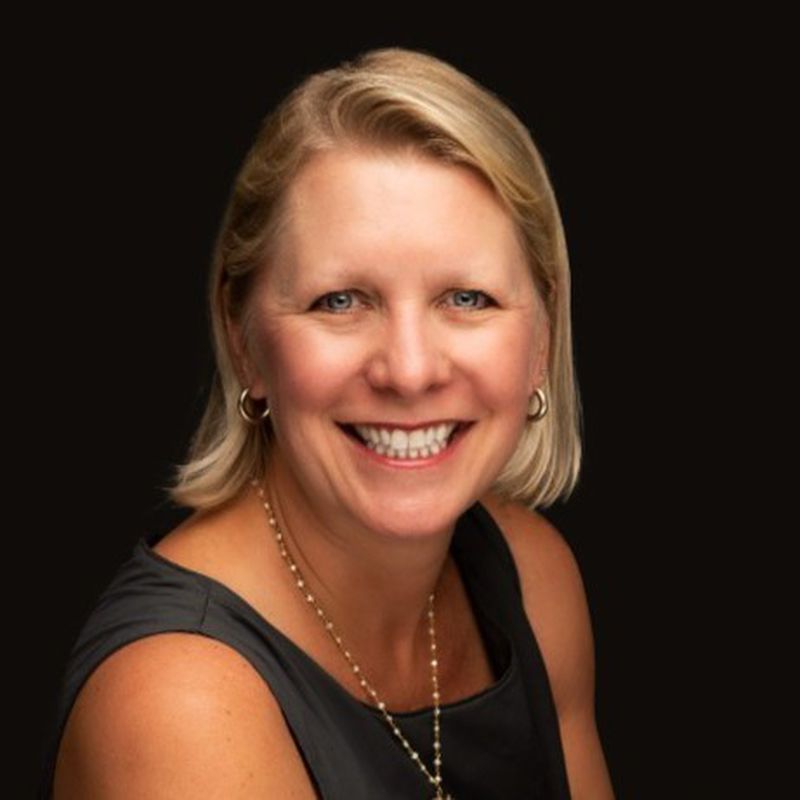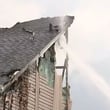Savannah is a major sex trafficking crossroads in the Southeast, but not because of the city’s proximity to I-95 and the nation’s third-busiest international port. Instead, experts say a high poverty rate and lack of resources ensnare Savannah teenagers and young adults in the illegal sex trade.
To counter that trend, a new nonprofit, Tharros Place, this week opened a 12-bed shelter for survivors of trafficking and at-risk youths. Residents will spend up to a year at the home and will receive recovery services, including therapy, schooling and life skills training.
Modeled after Atlanta’s Wellspring Living, a program and facility that has been helping the sexually exploited since 2001, Tharros Place is the first of its kind in a city that ranks second in Georgia — behind only Atlanta — in sex trafficking cases.
Tharros Place’s founder and executive director, Julie Wade, ran an emergency shelter for Savannah at-risk youths for more than five years. She saw firsthand the threats these teenagers faced as they cycled out of the facility after a month.
“Give us 30 days, and we could stabilize them, but then many ended up in the same situations they were before once they left,” Wade said. “Give us a year, and I think you can change outcomes. You can change lives.”
The Savannah community has rallied around that mantra. Tharros Place has raised $1.2 million from 450 donors over the past two years, more than enough to purchase and remodel a building located in an inviting residential neighborhood.
The first residents arrive in early December, and more will move in after the new year as they are diverted to Tharros by Chatham County’s juvenile court system and the Georgia Division of Family and Children Services.
Credit: Tharros Place
Credit: Tharros Place
Shocked into recognition
Savannah’s place in the illegal sex trade bulled into the local consciousness a decade ago with Operation Dark Night, a federal sting that uncovered a trafficking and prostitution ring operating in the city and parts of Florida, South Carolina, North Carolina and Mexico.
The case eventually resulted in 23 guilty pleas and rescued a number of victims, including two Savannah teenagers “no one knew what to do with,” Wade said. A task force formed to study the issue learned that the sex trafficking trade is rarely as it appears in TV dramas and movies, with kidnapped girls locked away in secret brothels or foreign nationals sold into slavery and transported to the United States.
One of the nation’s foremost experts in human trafficking, Susan Coppedge, a former prosecutor and U.S. ambassador who focused on addressing trafficking, said victims are recruited rather than kidnapped and become trapped in the trade through romancing or threats from the trafficker.
Wade said the overwhelming majority of Savannah-area sex trafficking victims are local girls from unstable homes susceptible to “mental manipulation” from boyfriends, family members and other influencers.
“Most of these girls are part of the community — many go to school or go home at night — but they’re under control from a trafficker,” she said.
Credit: Tharros Place
Credit: Tharros Place
The trafficking task force ultimately published a list of recommendations, including the creation of a shelter for sex trafficking victims.
Wade brought the idea to her emergency center board. It balked, Wade said, because it knew the costs of operating a temporary residential facility.
She eased her push for a long-term shelter but never stopped. Neither did a growing public awareness of the issue.
Shortly after Brian Kemp became governor in 2019, his wife, Marty, made combating human trafficking in Georgia her top priority as first lady. She formed the Georgians for Refuge, Action, Compassion, and Education (GRACE) Commission.
In the years since, Brian Kemp and Attorney General Chris Carr have launched the Human Trafficking Prosecution Unit, the GBI has dedicated resources specifically to human trafficking and state lawmakers have passed several legislative measures in an effort to make Georgia what the governor calls “a hostile state for traffickers and a safe haven for victims.”
Changing outcomes, changing lives
The political push coincided with a surge in giving during the COVID-19 pandemic, and Wade approached a major donor to her emergency youth shelter about seeding what would become Tharros Place. The local philanthropist agreed, offering nearly $500,000.
The anonymous donation provided the funds to purchase real estate and cover start-up costs. Wade has spent much of the past two years securing additional gifts, applying for grants and setting up the business end of Tharros Place to ensure the organization can access public money and be sustainable.
Credit: Tharros Place
Credit: Tharros Place
Tharros Place’s annual operating budget exceeds $1 million, with $400,000 going toward paying four full-time staffers and 20 part-timers and contract employees. The facility is charming, with murals painted by a Savannah College of Art and Design alum and new furniture donated by IKEA and Wayfair.
The girls will attend school online, with lessons supplemented by project work and remedial instruction from an onsite teacher.
“We are serving vulnerable, traumatized girls who have not had the opportunity to be teenagers,” Wade said. “We want them to have the opportunity to experience and enjoy those teenage years.”
About the Author
